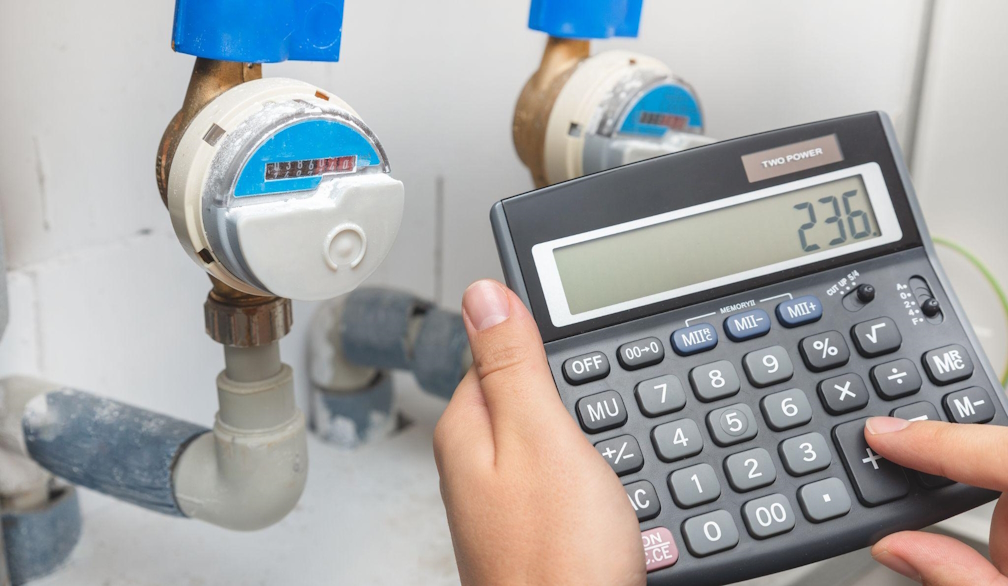5 Proven Tips for Uncovering Sneaky Water Leaks in Your Homes

Hidden water leaks can be a sneaky nemesis in every home. Left undetected, they can lead to a multitude of problems, from sky-high utility bills to devastating water damage. In extreme cases, these silent leaks can even compromise the structural integrity of your home. Therefore, timely detection becomes not just a necessity, but a requisite for smart homeownership. Calling in a Brisbane plumber before the real damage sets in will slash the cost of repairs. This article will walk you through 5 proven tips to uncover any sneaky water leaks that might be lurking within your home. Regular water leak inspections, conducted at least twice a year, will keep any potential leaks at bay.
Tip 1: Check Your Water Meter
A water meter is a useful tool that measures the amount of water a household uses and your first stop in detecting a leak or burst pipe. It's an excellent, first-line, detection tool for hidden water leaks. Here's a brief guide on how to use the water meter to spot those sneaky leaks. First, ensure that all water sources within your home are turned off. Next, check your water meter for an initial reading. Wait for about an hour without using any water, then take a second reading. If the meter shows a higher usage, you've likely got a leak. Living by this bi-monthly meter inspection rule is typically effective. Keep in mind, common issues like a stuck meter dial or a faulty meter altogether could impede your inspection efforts. In such cases, a professional's assistance might be needed.
Tip 2: Keep an Eye on Your Water Bill
A sudden surge in your water bill without a corresponding increase in consumption could be a warning sign of an unseen water leak. To check for this, systematically compare your monthly bills. Any drastic variance should raise a red flag. Should you observe an unwarranted surge, contact your local water company to discuss a possible audit. However, remember that seasonal variations, like the summer months, can naturally cause an uptick in water usage, so avoid jumping to conclusions too quickly.
Tip 3: Look Out for Stains and Damages
Another proven method to discover hidden leaks is by vigilantly checking for water stains and related damages. Mildew and stains or discolouration on walls, ceilings and floors often scream 'water leak!'. To identify these suspicious marks, follow a thorough home cleaning schedule and keep an open eye for any unusual spots. If a leak is suspected, this is best followed by professional inspection as your next line of defence to prevent further damage and accurately pinpoint the leak source.
Tip 4: Monitor Your Usage
Understanding and monitoring regular water usage is integral in detecting and managing leaks. Indicators of excessive water usage, such as incessantly running toilets or dripping taps, are often tell-tale signs of potential leaks. Tracking water usage can be made easier by adopting water conserving habits and discussing consumption patterns with the family to ensure no anomalies go unnoticed. An efficient water usage mindset aids in leak prevention and contributes to water conservation.
Tip 5: Carry Out Regular Inspections of Appliances
Appliances such as water heaters, washing machines, dishwashers, and refrigerators are no strangers to leaks. Regular inspections keep these potential leak sources in check. Use your appliance manuals as a guide and be on the lookout for warning signs like pools of water or excessive condensation. Where fittings are concerned, ensuring a snug fit can prevent potential leakage. Regular maintenance checks and service will go a long way in both detecting and preventing appliance leaks.
Conclusion
To maintain a worry-free, leak-free home, awareness, and vigilance are key. It is crucial to remember the implications of overlooked water leaks. Not only can they lead to increased water bills and water wastage, but they can also cause significant damage to your home. For that reason, the aforementioned tips serve as practical tools for effective water leak detection.
Finding a significant leak doesn’t mean panicking. Cracked or broken pipes will require a plumber, and it's advisable to consult one promptly. Processes like tightening loose fittings, replacing old washers, and updating fixtures are usually within a DIY enthusiast's arsenal. However, for more complex issues, professional help is always recommended.
Effective water leak detection is a journey, not a destination. Assiduity in regular checks, habitual monitoring, and proactive care will not only safeguard your home against sneaky water leaks but also save you money in the long run. So let's equip ourselves with these tips, and lead the charge in maintaining our homes, one drop saved at a time.









